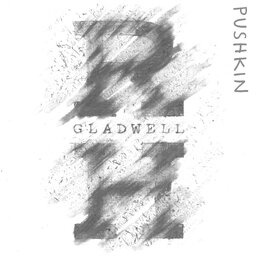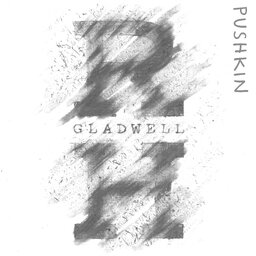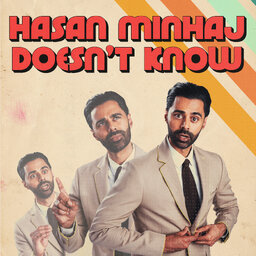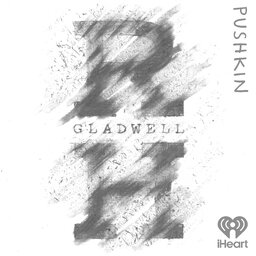Today, we dig into the fascinating life of someone Malcolm knows very well: fellow Pushkin host Justin Richmond. Malcolm and Justin talk about being the product of biracial marriages, surviving racist bullies, and Justin's chance dinner with a megastar that changed his life.
Justin created his newest show, Started from the Bottom, to talk with successful people who grew up as outsiders about how they made it against the odds. Origin stories of mostly men and women of color and brilliant people who others counted out. How they climbed their way up the ladder, and the obstacles they overcame along the way.
If you’d like to keep up with the most recent news from this and other Pushkin podcasts, be sure to sign up for our email list at Pushkin.fm.
In 1 playlist(s)
Revisionist History
Revisionist History is Malcolm Gladwell's journey through the overlooked and the misunderstood. Ever…Social links
Follow podcast
Recent clips

The Big Birthday Party
32:00

Invisible Infrastructure with T-Mobile for Business
43:46

Malcolm Gladwell Doesn't Mind Being Wrong | From Hasan Minhaj Doesn't Know
1:02:56
 Revisionist History
Revisionist History